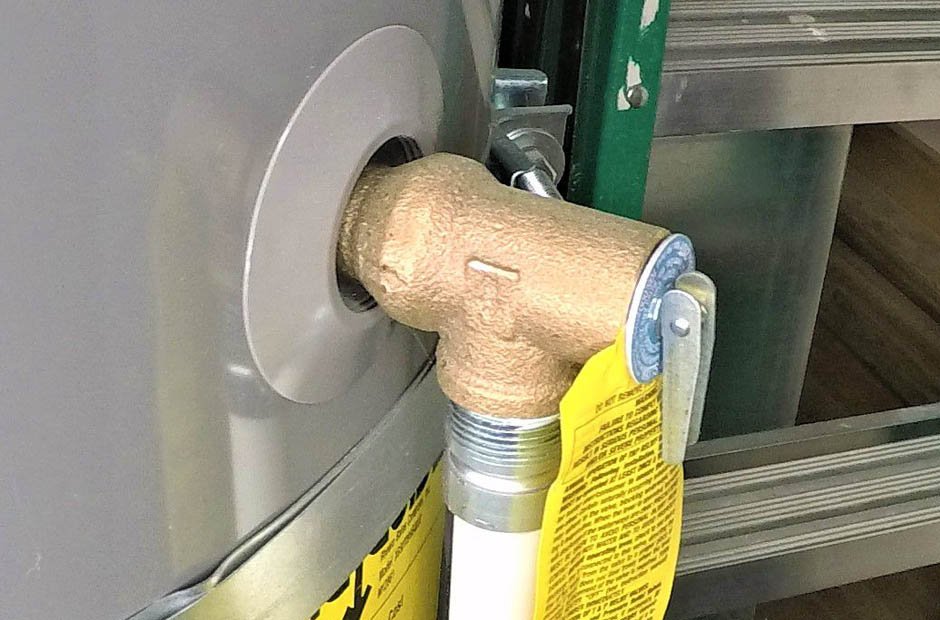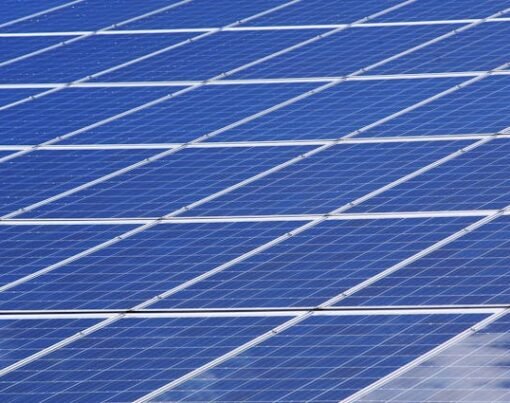High water pressure in your home’s plumbing can be more than just a cause for annoying noises in the pipes; it can signify a serious issue with your water heater. Recognizing the warning signs of excessive pressure can prevent costly repairs and potentially dangerous situations.
This section will discuss the indicators that your water heater suffers from high pressure and why addressing these symptoms is crucial. For more information on common water heater leaking causes and solutions, consult a professional plumber.
Table of Contents
Unusual Noises
If you hear any unusual noises from your water heater, addressing them promptly is essential to prevent any potential issues. These noises can be indicators of underlying problems that may require immediate attention.
Sediment Buildup
One common cause of unusual noises in a water heater is sediment buildup. Over time, sediment can accumulate at the bottom of the tank, causing it to make rumbling or popping sounds. This buildup affects the efficiency of your water heater and can lead to overheating and reduced lifespan.
To address this issue, you can flush the tank regularly to remove the sediment buildup. Attach a hose to the drain valve, turn off the power supply, and drain the tank.
Faulty Heating Element
Another possible cause of unusual noises is a faulty heating element. If you hear a hissing or sizzling sound, it could indicate that the heating element is malfunctioning. In this case, turning off the power supply and checking the aspect for any signs of damage is essential. If necessary, replace the heating element to ensure the proper functioning of your water heater.
Malfunctioning PRV
Sometimes, unusual noises may also be caused by a malfunctioning pressure relief valve. This valve is designed to release excess pressure from the tank to prevent explosions. If you hear a whistling or high-pitched sound, it could mean that the pressure relief valve is not functioning correctly.
To fix this issue, lift the valve’s lever to release any trapped air or debris. If the problem persists, it may be necessary to replace the valve altogether.
Leaks
If you notice excessive water discharge around your water heater, it could indicate a leak. Leaks can also lead to bursting pipes, which can cause significant damage to your water heater and the surrounding area. It’s important to address leaks promptly to prevent further damage and potentially costly repairs.
Excessive Water Discharge
When your water heater is experiencing excessive water discharge, it may indicate a leak. This issue can be caused by high water pressure, which can stress the plumbing system and cause leaks. It is essential to have proper water pressure regulation in place to prevent such problems.
Regular plumbing maintenance is crucial to ensure your water heater is functioning correctly and identify any leaks or potential issues.
Contact a professional plumber to inspect your system and make any necessary repairs. Taking care of leaks promptly can help avoid more significant issues and potential water damage to your home.
Water Heater Damage
To prevent further damage to your home’s plumbing system, promptly address any leaks in your water heater. Water heater maintenance plays a major role in preventing water heater damage.
Here are some reasons why you should take leaks seriously:
- Water damage: Leaks from your water heater can cause significant water damage to your walls, floors, and other structures in your home.
- Mold and mildew growth: Excess moisture from leaks can lead to mold and mildew, harming the indoor air quality and posing health risks.
- Decreased efficiency: Leaks can cause your water heater to work harder and less efficiently, leading to increased energy consumption and higher utility bills.
- Shortened lifespan: Constant leaks and water damage can shorten your water heater’s lifespan, resulting in costly repairs or replacements.
High Energy Bills
Are your energy bills skyrocketing? Your water heater may be to blame. Increased utility expenses can indicate a malfunctioning water heater, causing it to work harder and use more energy. Excessive hot water usage and unusual water pressure are also indicators of potential issues that could be causing your high energy bills.
Increased Utility Expenses
You may notice a significant increase in your monthly energy bills if your water heater is experiencing pressure issues. High water pressure in your water heater can lead to inefficient performance and increased energy consumption.
Here are some reasons why your utility expenses may be on the rise:
- Longer heating cycles: When the pressure is too high, it takes longer for the water to heat up, resulting in extended heating cycles and more energy usage.
- Frequent temperature adjustments: Excessive pressure can cause fluctuations in hot water temperature, leading to regular adjustments and increased energy consumption.
- Tank overfilling: If the pressure relief valve is faulty or blocked, the tank may overfill, causing the water heater to work harder and consume more energy.
- Leaks and wastage: High pressure can cause leaks and water wastage, further driving up utility expenses.
To avoid these issues, consider installing a pressure regulator and practicing water conservation by following water-saving tips.
Expanding or Bursting Pipes
When pipes in your home expand or burst, it can cause significant damage and disrupt the water flow. This is often due to high water pressure exceeding the recommended limits. It is essential to have proper water pressure regulation in place to prevent these issues.
Here are some signs that indicate your pipes may be expanding or at risk of bursting:
- Banging or knocking sounds: If you hear loud noises from your pipes when you turn on the water, it could indicate that the pipes are expanding due to excessive pressure.
- Leaks or water damage: Sudden leaks or water damage in your home, especially in areas near pipes, can indicate that the pipes have burst or are about to burst.
- Fluctuating water pressure: If you notice that the water pressure in your home is inconsistent, it could be a sign of expanding or bursting pipes. This is because the excessive pressure can cause fluctuations in the water flow.
- Visible bulging or cracks: Take a closer look at your pipes and check for any visible signs of bulging or cracks. These indicate that the pipes are under too much pressure and may burst soon.
Maintaining proper water pressure regulation is crucial to prevent expanding or bursting pipes. Consider installing a pressure regulator to control the water pressure in your home. Additionally, schedule regular plumbing maintenance to identify any potential issues and address them promptly.
By taking these preventative measures, you can avoid costly repairs and ensure the smooth functioning of your plumbing system.










